Science in the media
-
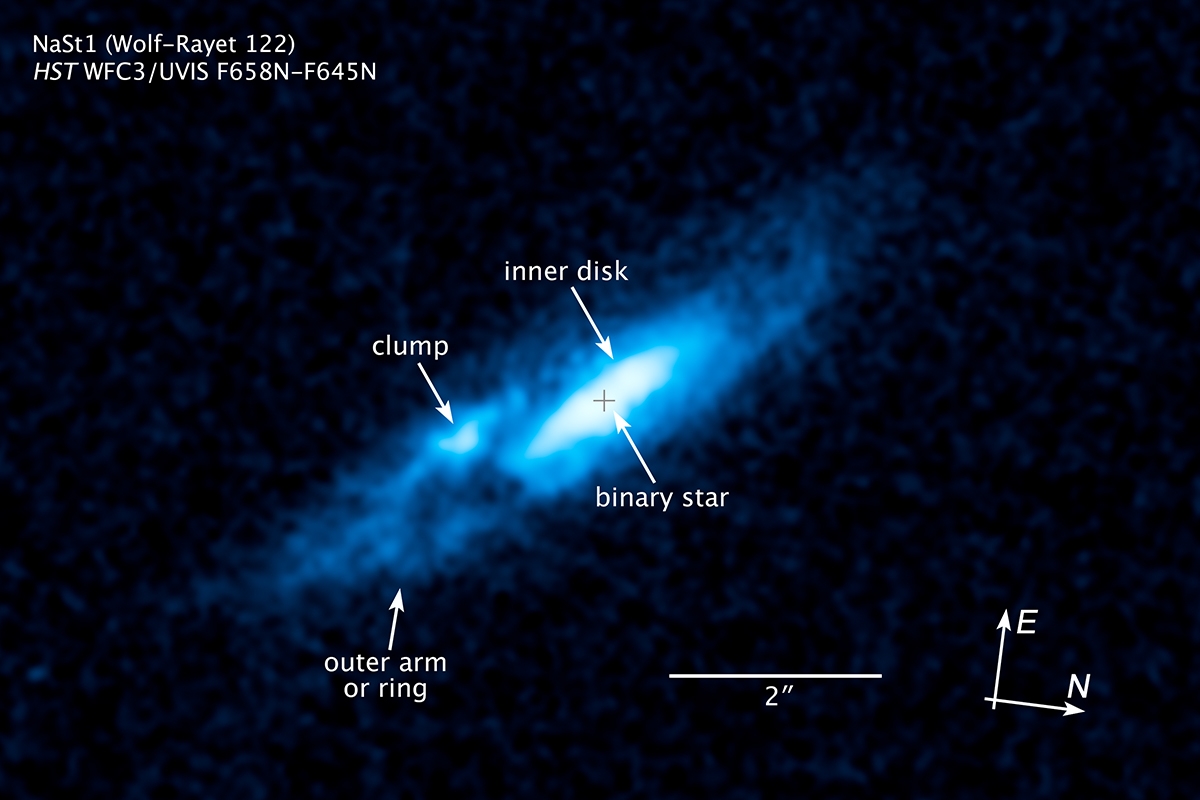
A Star Named ‘Nasty’
The star known as “Nasty” is an enduring mystery. A resident of our own Milky Way, the aging star is much more massive than our own Sun and operates in […]
-
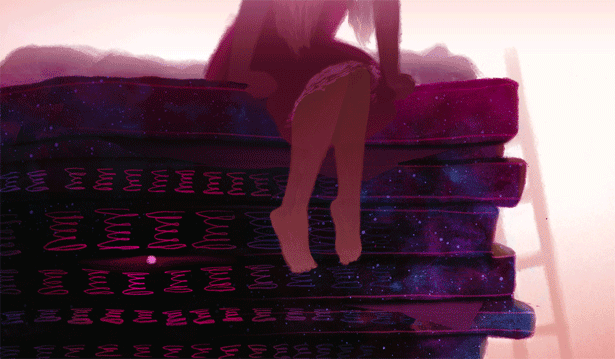
A New Theory to Explain the Higgs Mass
One of the greatest mysteries in physics could be solved by a mattress-like axion field that permeates space and time.
-
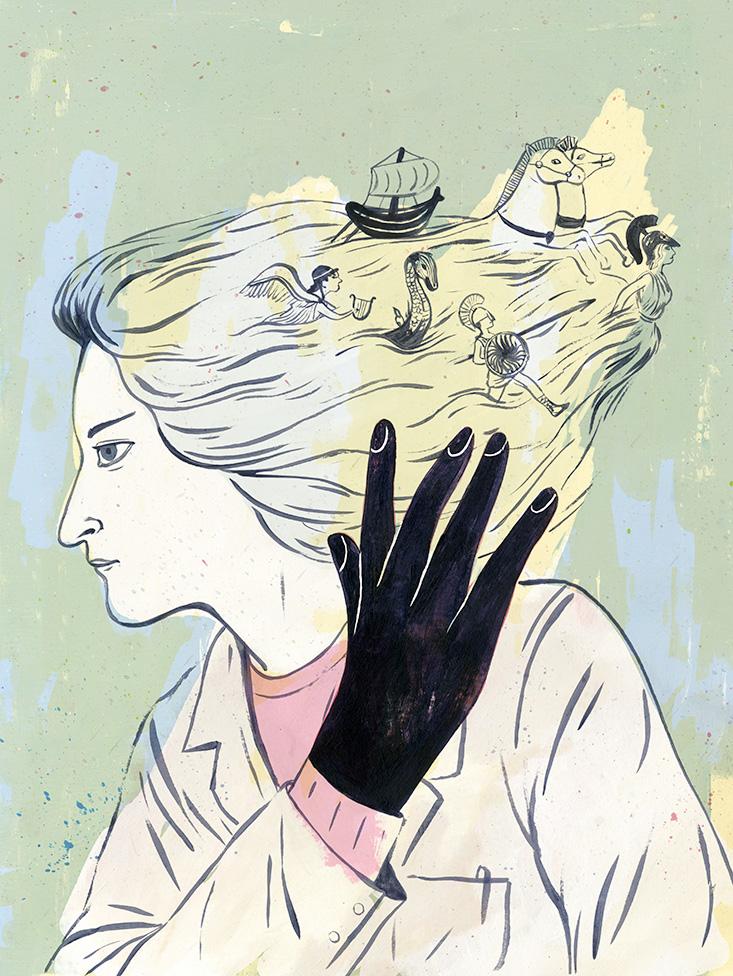
Consciousness Began When the Gods Stopped Speaking
How Julian Jaynes’ famous 1970s theory is faring in the neuroscience age.
-
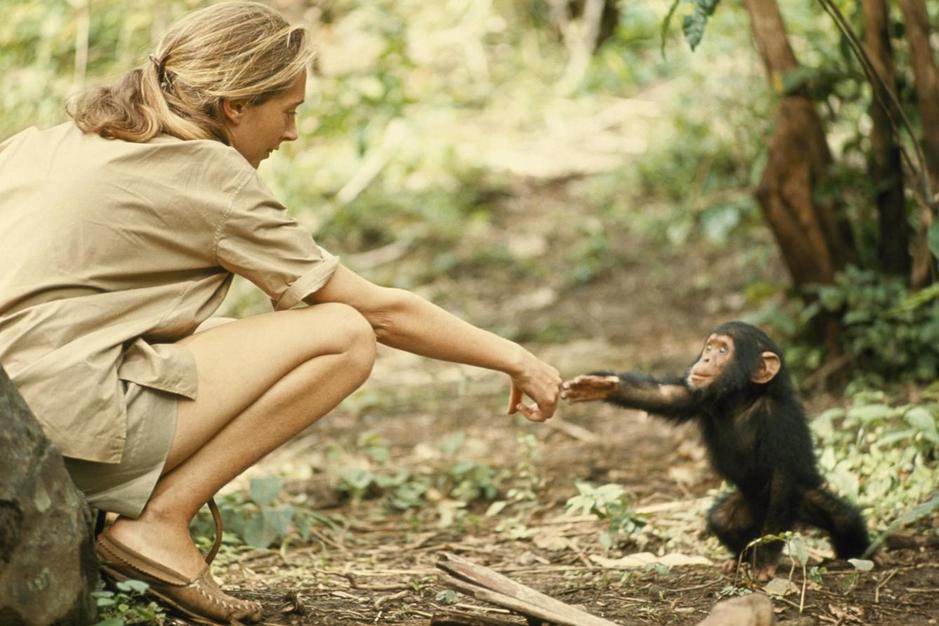
Jane Goodall: “Es arrogante pensar que somos diferentes de los chimpancés”
La mayor experta mundial en estos animales, con los que compartimos el 98% del genoma, ha celebrado en Madrid 55 años de investigación, educación y conservación de la vida salvaje
-

Sleep: Caretaker of memories, repairer of prejudice
Learning new stuff takes sleep. Robbed of the restorative balm of slumber, research demonstrates that the human brain will quickly lose its ability to make and hold on to new […]
-
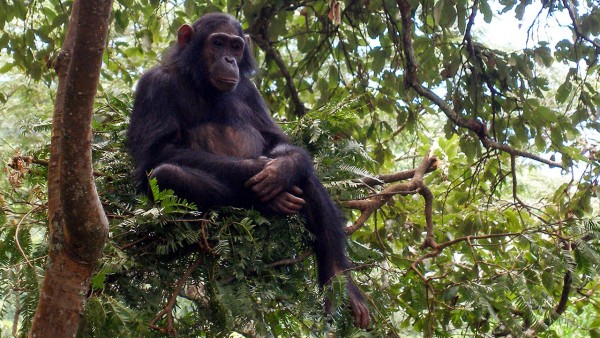
Some chimpanzees infected with AIDS virus may harbor protective, humanlike gene
A gene has been found for what’s known as the major histocompatibility complex (MHC)—cell surface molecules that help the immune system recognize foreigners—that was remarkably similar to one in humans that […]
-
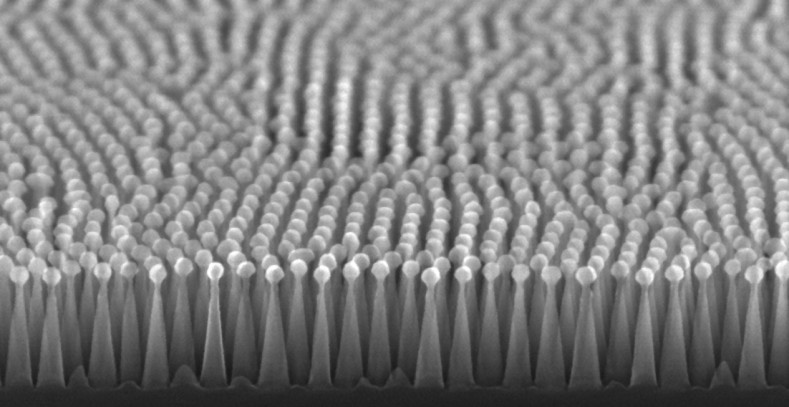
Luz para desentrañar el misterio de la amnesia
Un equipo de neurocientíficos consigue borrar un recuerdo y recuperarlo posteriormente mediante estímulos de luz. El trabajo ofrece la clave sobre la verdadera naturaleza de la amnesia retrógrada.
-
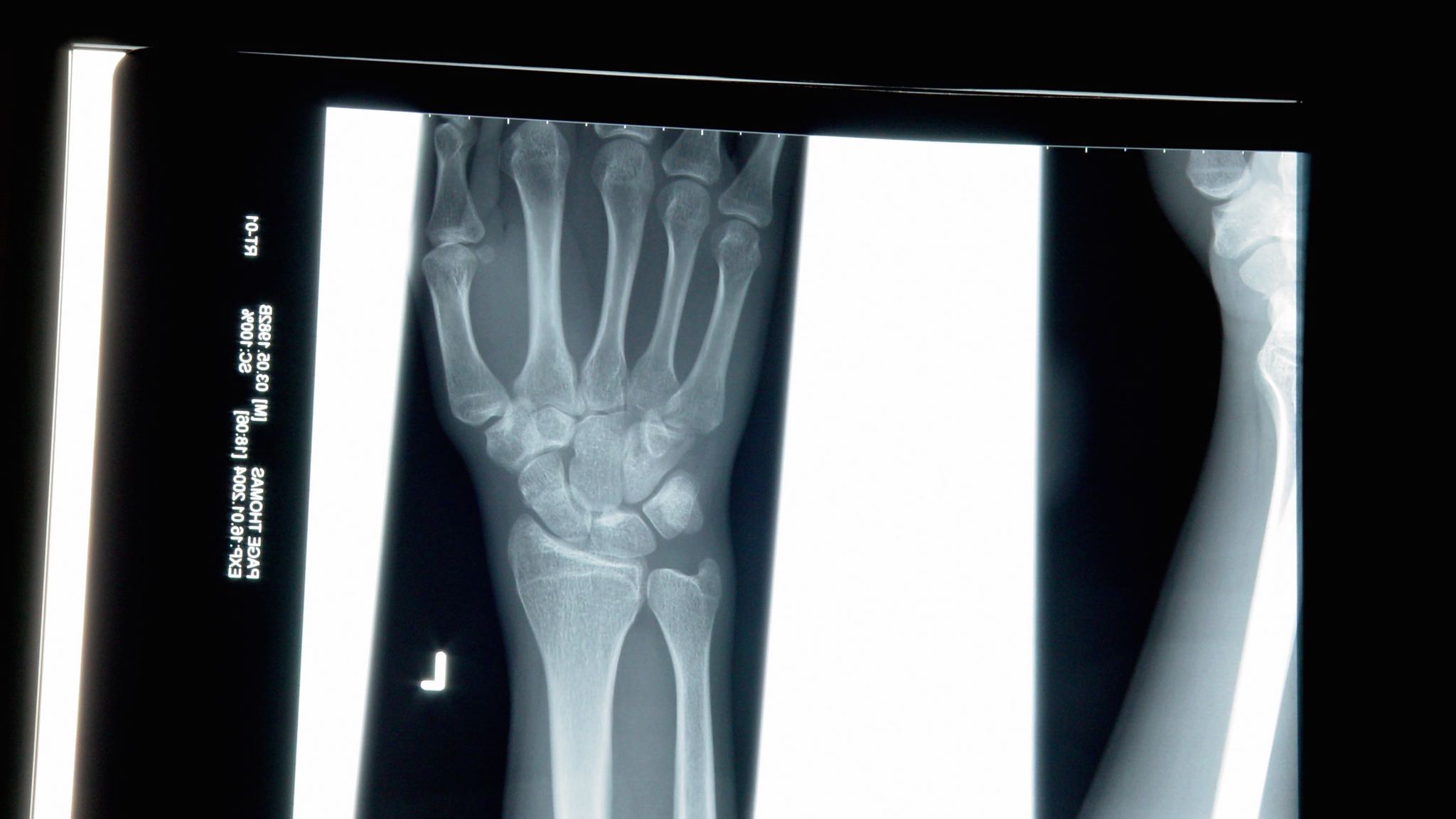
Dealing with the Health Data Deluge
There’s a revolution afoot in medicine. It has been simmering below the surface for the last decade or so, but like many revolutions, you won’t really take notice until it’s […]
-
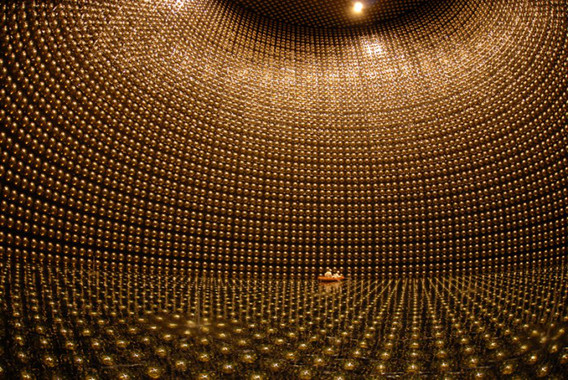
Un experimento con antineutrinos en Japón registra cómo desaparecen
Los científicos del experimento T2K han lanzado un haz de antineutrinos entre dos laboratorios japoneses separados casi 300 km. De esta forma han podido medir por primera vez la desaparición […]
